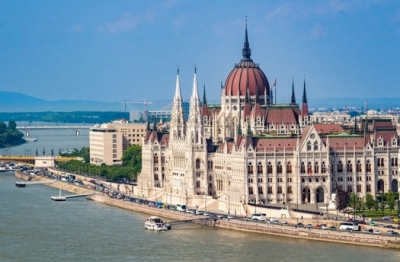
Hungary is a landlocked country in Central Europe. Budapest, its capital, is on the banks of the Danube River. Hungary is a parliamentary republic divided into 19 counties, Budapest, and 23 other cities with county-level authority. The official currency is the Hungarian Forint. However, the euro is also accepted in several places.
The land has gone through prolonged periods of hardships and sufferings.
After the Second World War, Hungary remained a socialist country under the Soviet Union. The socialist rule came to an end in 1989 by a peaceful transition to a democratic system, and communism was ended forever. The Soviet Union dissolved into Russia and other constituent countries, and by 1991, diplomatic relations between Hungary and Russia were restored. The Hungarian economy is relatively open and relies strongly on international trade, and the country wields considerable influence in Central and Eastern Europe.
European integration has been one of the major focuses of its foreign policies. Hungary was one of the leading and most suitable candidates from the former Soviet bloc to join the EU after the transition in 1989-1990. Hungary became a member of the EU in 2004. It held the presidency of the Council of the EU for half a year in 2011. The next will be in 2024. Hungary has 21 members in the European Parliament and has been part of the Schengen Area since 2007.
Even though the country has plans to adopt the single currency, the euro, chances of it happening soon are pretty dim. Recent times have shown a strained relationship between the country and the EU because of a few controversial laws passed by Hungary.
Picture Credit : Google




